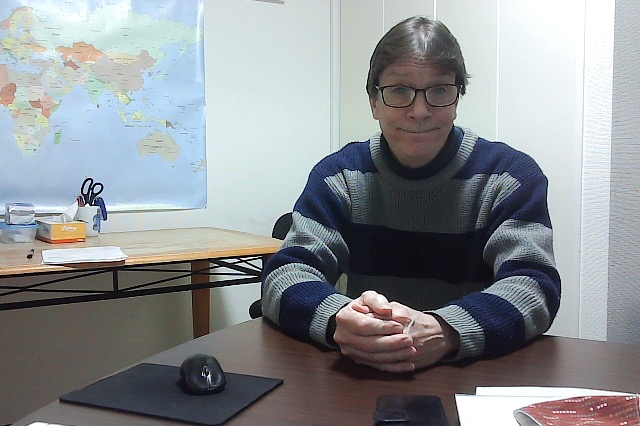I’m Jim, a Sagamihara English teacher in Japan at Smith’s Eikaiwa. I got in some trouble over the New Year’s Holiday this year, although not serious trouble. I had a few Japanese friends over to celebrate the new year. As usual in Japan, all of them brought the obligatory gifts, which are usually small and inexpensive. One of them was o-senbei (rice crackers), another brought black tea, and to my surprise, one brought some very expensive “Snow Crab” from Hokkaido. Amazed, I said “thank you, wow, you shouldn’t have!”

A Problem With English Language Learning
Later on, Masa asked me a question in his broken English (he’s a great communicator)- “Jim san, why you say I shouldn’t bring kani (crab)?” I didn’t get it at first. “I’m not sure I understand.” “You said I shouldn’t bring kani. Why?” To clarify, I told him “it means thank you,” however he took it literally. We use “you shouldn’t have” to express our appreciation and thanks when someone goes above and beyond in terms of gifts, actions, favors, etc.
Recently I’ve been thinking about that moment. This is where my job as a Smith’s Sagamihara English teacher becomes more interesting, and language learning more fun and challenging. Although I am sure that most of our students are aware that the model verb “should” is used when giving advice, they may not know some of the other functions. As a result, one of my resolutions this year is to enlighten my higher level students with the different uses of “should,” as well as others. Instead of overloading them with a full lesson, I plan to break it down into several short periods of 5-10 minutes within future lessons. Thus, it will be easier for them to retain.

English Language Learning at the Student’s Pace
Each week I have been writing a sentence at the top of the board, asking them what it means and when it is used. As predicted, they understand the sentence, but not the function. So, we practice it a bit, and review it the following week. I really believe in the slow approach and not to overload the students with too much at a time- their pace, not mine. You can read more about that here: https://sse-franchise.com/smiths-school-english-sagamihara-japan/ Language learning never ends. Here are some examples that I am using now:
You should exercise more. (advice, recommendation)
I should buy a gift for her (obligation)
That Sagamihara English Teacher is late! He should be here by now! (expectation)
There should be more peace in the world. (desire)
There should be many people at the party. (what is likely to happen)
Oh Masa, you shouldn’t have (thank you)
We Are All Learning
As you can see, there are several functions of the word “should,” so I enjoy creating these mini-lessons. Consequently, it is fun and interesting for me as an English teacher and not so difficult for the students. They are never done learning the language, and I’m never done learning how to teach it!
Thanks for reading!
Jim, Sagamihara English Teacher, Smith’s School of English http://smithweb.co.jp/sagamihara/

Leave a Reply